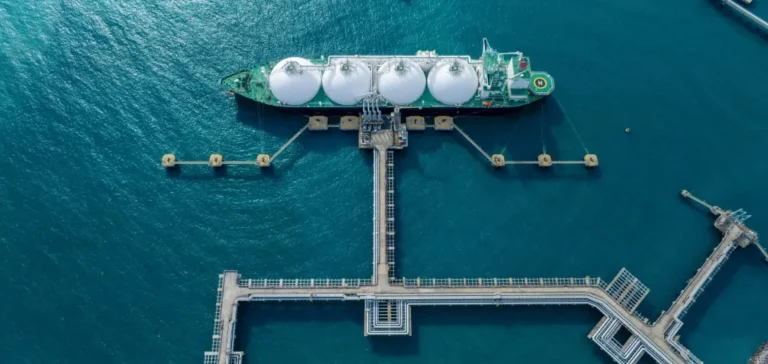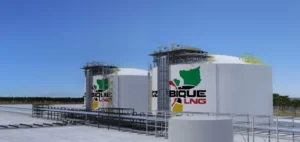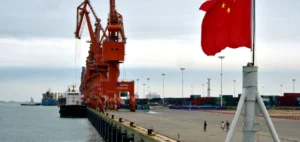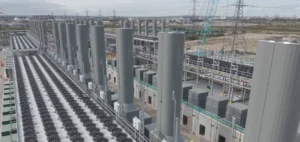This summer, China is facing significant pressure on its electrical grid, with electricity consumption reaching historical peaks. The energy demand has been fueled by extreme temperatures and sustained industrial activity. However, this surge has not led to a rebound in spot liquefied natural gas (LNG) purchases, as prices remain too high and alternative supplies are available.
In Guangdong province, a key industrial hub, demand reached a peak of 159.74 GW on July 7, marking a 1.94% increase compared to the previous year. This increase is largely attributed to extreme temperatures and booming industrial activity. On July 4, China also recorded a national consumption peak of 1,465 GW, a number exceeding that of 2024, highlighting the strain on its energy infrastructure.
Low LNG Demand Despite Increased Energy Needs
Despite the increased electricity demand, interest in purchasing spot LNG remains low. Chinese importers have raised concerns about LNG prices, which are currently too high, ranging from $11 to $12 per MMBtu. According to industry sources, buyers would be willing to return to the market if prices were adjusted to a more competitive level, around $11 to $11.50 per MMBtu, but such a price adjustment seems unlikely in the near future.
Gas distribution companies in China acknowledge the increased energy demand but believe that current prices are too high to stimulate mass purchases. The limited appeal of the spot market is therefore linked to the inability of market players to absorb the current costs.
Renewable Energy Reduces Dependence on Gas
Another key aspect of this situation is the expansion of renewable energy in China. With a 56.9% increase in installed solar capacity, reaching 1,080 GW, and a 23.1% rise in wind capacity, totaling 570 GW, China is reducing its reliance on gas-fired electricity generation. These renewable energy sources meet a large portion of the energy demand, especially on sunny days.
This reduces the need to use gas-fired plants for electricity production, and consequently, the demand for spot LNG is less pressing, even during periods of high consumption.
Domestic Gas and Pipeline Imports as Alternatives
Increased domestic gas production and pipeline imports, notably from Russia via the Power of Siberia pipeline, have also helped offset LNG demand. These alternative supply sources provide China with a way to meet its energy needs without turning exclusively to the spot market, despite the rising consumption.
Forecasts for 2025 suggest a slight rebound in LNG demand, but analysts expect total LNG imports to still decline by 5% compared to 2024, mainly due to competition from other supply sources and continued growth in renewable energy.






















